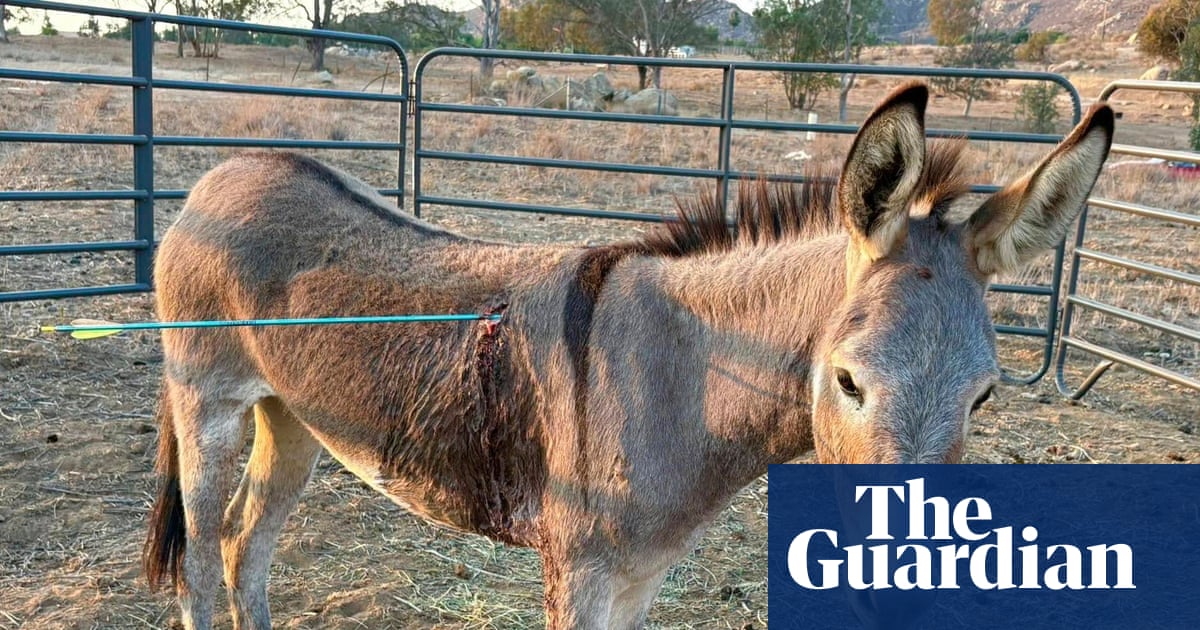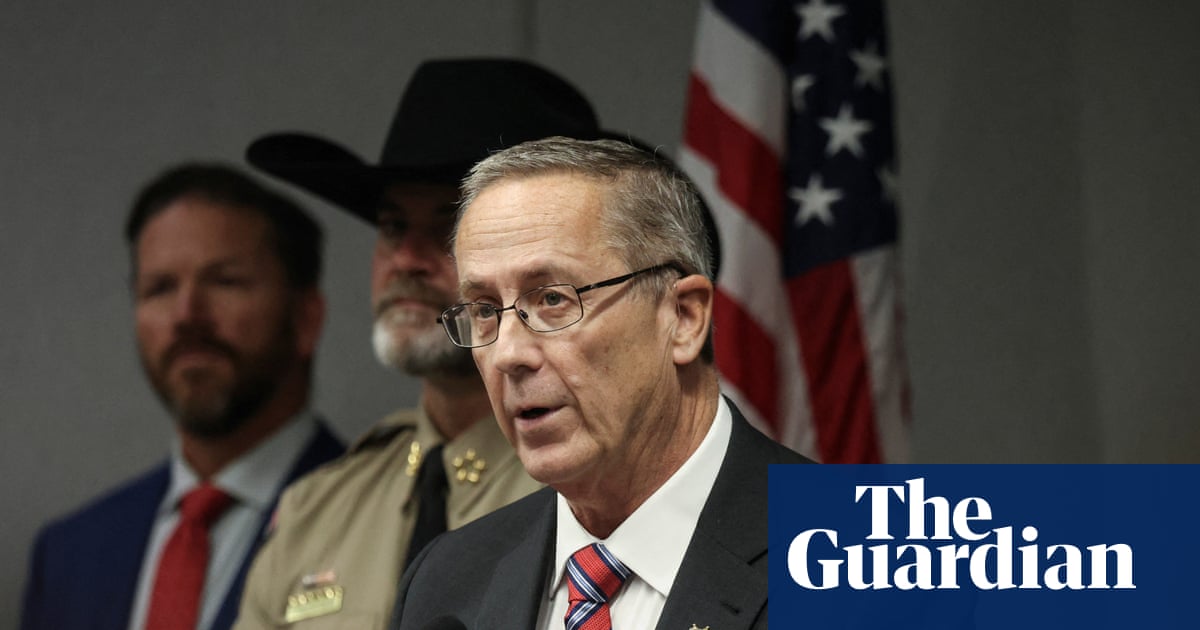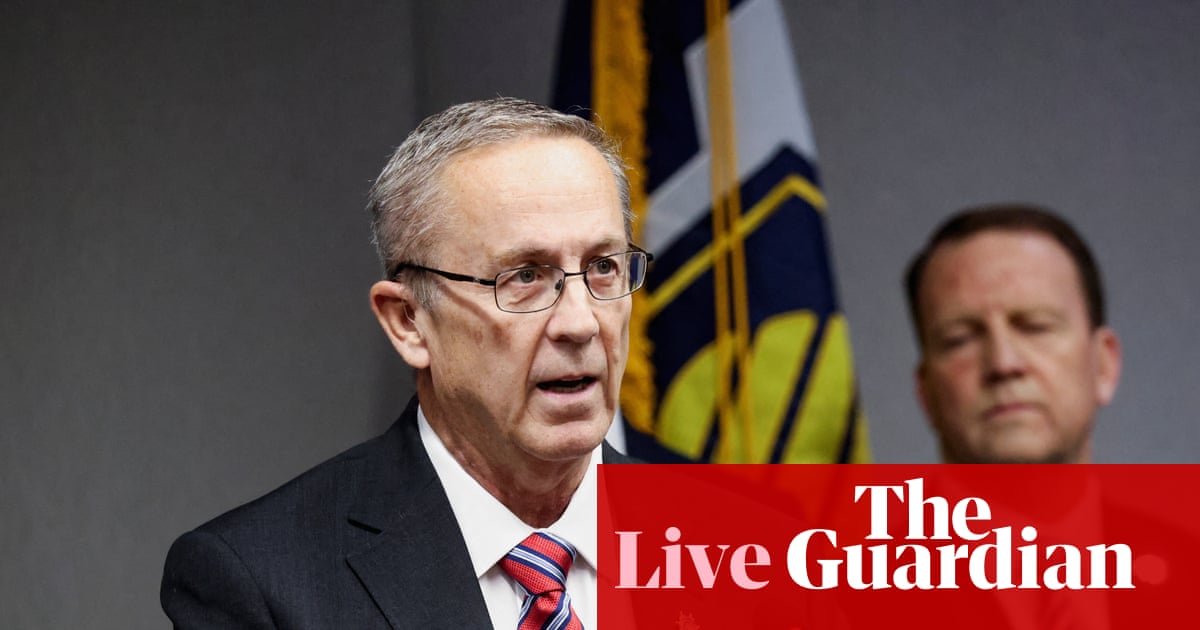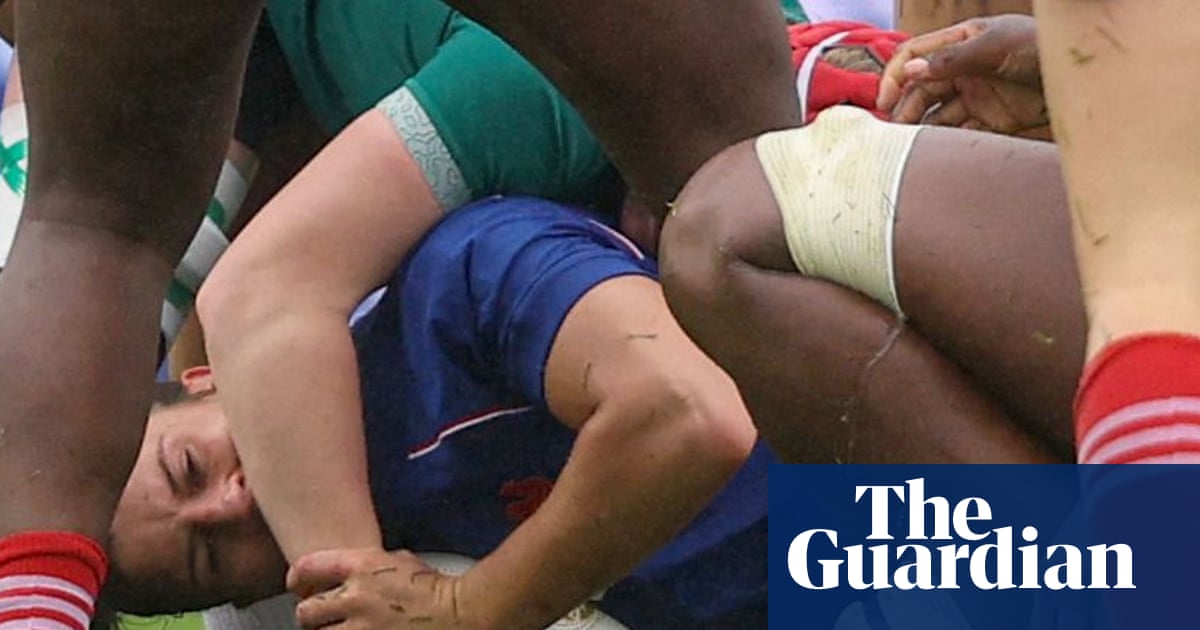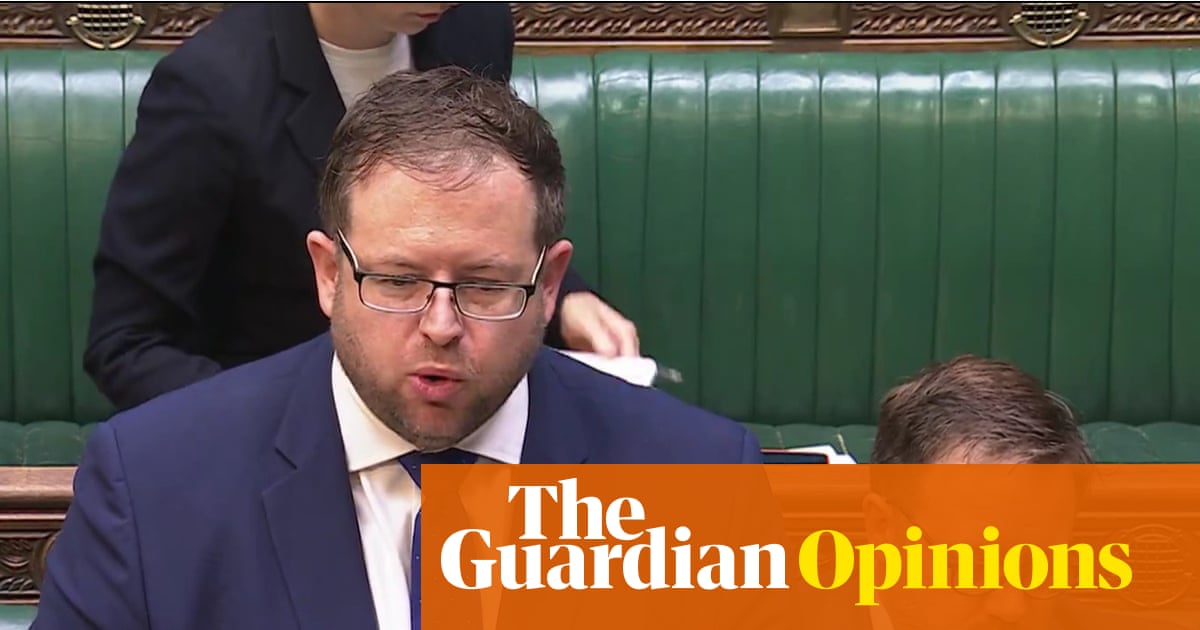Year 9 students in South Australia are about to debate whether “the ‘tradwife’ movement is good for women” – but the topic has sparked fierce discussion before the debates have even started.
The topic will start being debated next week as part of the third round of Debating SA’s competition, for which all schools in the state are eligible.
After the topic was announced in May, some people questioned on social media whether the topic was appropriate, with some concerned that female students arguing in the affirmative would be making the case for their own subjugation.
On social media women describing themselves as tradwives portray an old-fashioned, homemaking existence of baking and child rearing. But the tradwife movement has also become associated with anti-feminist sentiment, amplified by misogynist figures including Andrew Tate and those in the manosphere.
Debating SA said it was shocked and surprised by the reaction. It took the unusual step of sending a clarification to schools at the weekend saying the definition it was using was synonymous with a stay-at-home parent.
A spokesperson said when the organisation had researched the topic, the darker side of the trend did not surface.
But once it heard about it, it wrote to schools to say it saw “tradwife” as a portmanteau of “traditional wife … someone who stayed at home, looked after the children, kept the house”, without any concept of submission to the man of the house.
The organisation said it had received abusive phone calls. The spokesperson told Guardian Australia people had been “ringing up screaming, ranting, raving and carrying on” and accusing the not-for-profit of undoing centuries of female advancement.
“They were outside people who’ve got nothing to do with debating, who don’t know how it works,” the spokesperson said. “Debating is very formal … and not only do we not tolerate incivility, it never happens. If you follow the rules and regulations there’s no room for rudeness.
“It’s an intellectual, academic exercise bound up in civility, politeness and good manners.
“They didn’t follow the rules!”
A Queensland-based teen educator and author, Rebecca Sparrow, shared an email on Facebook on 5 June from a reader “horrified” by the debating topic.
“Fourteen and fifteen-year-old girls and boys are being asked to argue that this is good for women … that women being subjugated is good,” the reader wrote in the email.
Sparrow wrote that the term tradwife “refers to women adhering to strict gender roles akin to a 1950s housewife who eschews a career in place of homemaking because that’s her role/place”.
“‘Trad wife’ is not code for stay-at-home parent,” she wrote, and later added: “For those who think it’s a great debate topic – we can agree to disagree on this one.”
Sparrow later closed comments on her post, saying she did not have time to continually monitor them to “ensure a war hasn’t erupted”.
after newsletter promotion
South Australia’s education minister, Blair Boyer, told ABC radio on Wednesday that he had to ask his staff what the tradwife movement was.
“And I understand it comes with some controversy, but I think it’s a balancing act in terms of debating topics, between having something which is of interest to the people doing the debating … and not having something which is, I guess, overly provocative,” he said.
In May the Macquarie Dictionary said the “controversial term sounds like an insult to some, and a badge of honour to others”.
“However you feel about it, a tradwife is a woman who has willingly embraced the duties and values of a wife in what some call a traditional marriage,” it said.
Kristy Campion, a researcher into the far right, told ABC’s Radio National in May that tradwife culture drew on “cottage core” dreams of a simpler life. But she noted the far right had also linked it to “white womanhood”, anti-feminism, anti-LGBTQ+ and anti-immigrant sentiments. “We also see them fiercely opposing things like abortion or divorce,” she said.
Speaking not about the tradwife debate but about debating in general, Fiona Mueller, a public policy researcher from the Centre for Independent Studies, said Australians had become “strangely fearful” of debating, when it is something that “is at the heart of our democratic process”.
She said she worried that teachers had “baulked” at teaching it because they were concerned about controversial topics.
She wanted to see them confident in running debates as there was solid evidence they helped build thinking, reasoning, reading, researching, persuading and presentation skills.
“We need to rediscover the more considered gathering of information and coming to a conclusion,” she said.
“That is the single greatest responsibility of each generation – to set a good example for the next generation, and one of the things we need to set that example in, is respectful, thoughtful debate.”

.png) 3 months ago
30
3 months ago
30
